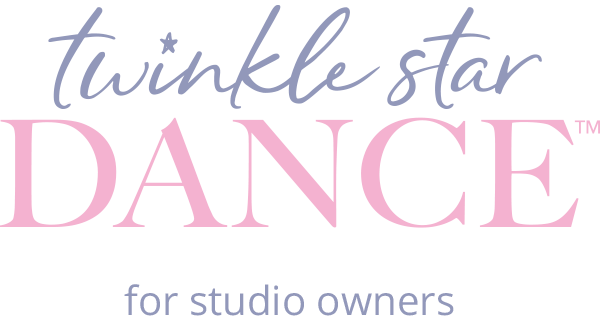Recitals are more than just a celebration of student achievements—they are a vital revenue stream and a cornerstone of your dance studio's community. By adopting strategic practices, you can ensure your recital is both enjoyable and profitable.
1. Know Your Numbers
Effective recital planning starts with understanding your capacity and maximizing ticket sales.
Theatre Capacity: Confirm the total number of seats available.
Ticket Sales Per Dancer: Aim for an average of 5 tickets sold per dancer, adjusting expectations based on past events.
Show Size: Cap the maximum number of dancers per show to balance ticket demand and audience comfort.
Pro Tip: Use ticket sales data from previous recitals to set realistic goals and avoid overselling.
2. How Many Shows?
Carefully consider the number of shows needed to accommodate dancers and their families.
Hosting multiple, smaller shows ensures an enjoyable experience for attendees and reduces logistical challenges.
Shorter shows also keep audience engagement high, leading to better overall reviews and word-of-mouth promotion.
3. Recital Participation Fees
Why Implement a Participation Fee?
Introducing a recital participation fee simplifies financial planning for families and provides your studio with predictable revenue.
Streamlined Costs: Consolidate costume and recital expenses into one transparent fee.
Increased Revenue: This approach often yields higher total revenue per student while reducing last-minute financial surprises.
What’s Included?
Clearly outline the value in your participation fee, such as:
Costume
Pair of performance tights
Action photos and video
A recital keepsake, like a ribbon or medal
Pro Tip: Keep tickets separate from your recital participation fee
4. Avoiding Sold-Out Shows
Overbooked shows can lead to frustration for families and detract from the recital experience.
Strategic Planning:
Balance show sizes to avoid turning away eager attendees.
Create a seating plan that optimizes capacity while maintaining comfort.
Maximizing Ticket Sales:
Promote your shows early to encourage advanced ticket purchases.
Consider digital ticketing platforms to streamline the process.
5. Tiered Recital Ticketing
Offering a variety of ticket price points caters to diverse family budgets and encourages attendance.
Benefits of Tiered Pricing:
Maximized Revenue: Premium seating options typically sell out first.
Higher Attendance: Affordable options can attract extended family members and friends.
What to Charge:
Research local pricing trends to determine a fair range, such as $15 for general admission and $30 for VIP seating.
6. Know Your Audience
A captivating recital theme and well-curated details can elevate your recital and boost ticket sales.
Engaging Themes:
Themes like Storybook, The Greatest Show, or Footloose with storylines and music the audience knows and enjoys to create excitement.
Curated Costumes: Select high-quality costumes that enhance your theme.
7. Dance for the Whole Family
Family-friendly elements make your recital a community-building event.
Inclusive Opportunities:
Include a Daddy-Daughter dance or a Mom’s dance to foster family participation.
Add audience engagement activities, such as a glow party or interactive finale.
Building Community:
These moments create lasting memories and encourage families to return year after year.
Recitals as Revenue Drivers
Recitals are more than a milestone—they’re an opportunity to enhance your studio's financial health and strengthen its community. With thoughtful planning, tiered pricing strategies, and family-focused programming, you can transform your recital into an enjoyable and profitable experience for everyone involved.





